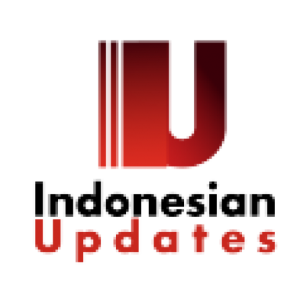Jakarta (ANTARA) – Indonesia continues to encourage the acceleration and expansion of access to clean water and safe sanitation through various programs, Public Works and Public Housing Minister Basuki Hadimuljono stated here on Wednesday.
At the Sector Ministers’ Meeting (SMM) – Sanitation and Water for All (SWA) 2022, Hadimuljono remarked that expanding access to clean water and safe sanitation are one of the keys to reducing poverty.
“Indonesia has made good progress in accelerating efforts to improve access to water, sanitation, and hygiene,” he noted.
The minister also pointed out that some 80.2 percent of Indonesia’s population has access to decent sanitation, but safe-level sanitation is only enjoyed by about seven percent of the Indonesian population.
Related news: Need to make clean water, sanitation priority: Indrawati
Furthermore, access to decent drinking water reached 90 percent of the population, but the rate of access to safe drinking water was only about 11 percent, he pointed out.
To this end, he emphasized that Indonesia pushes to strengthen political commitment to expedite the realization of the goal of safe water and sanitation to support reducing stunting and extreme poverty, especially in rural areas.
Moreover, he highlighted that the Indonesian government has committed to eradicating extreme poverty to zero percent by 2024, from four percent in 2021.
“The strategy to achieve this is through a cross-sectoral development approach in several priority areas. In 2021, poverty alleviation programs had been implemented in 35 priority districts,” he explained.
The programs were related to water, sanitation, and housing that focus on large areas and strengthening community capacity, he remarked.
Meanwhile, Indonesia hosted the Sector Ministers’ Meeting (SMM) – Sanitation and Water for All (SWA) 2022 in Jakarta on May 18-19, 2022.
This year, SMM discussed water sanitation issues related to the COVID-19 pandemic, climate crisis, and the global economy’s commitment toward sustainable development, according to the National Development Planning Ministry/National Development Planning Agency (Bappenas).
Related news: Increasing clean water access, sanitation facilities reduce stunting
